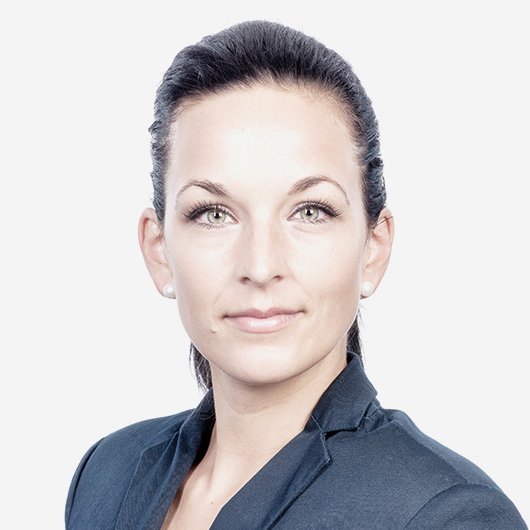Minister of State Dr. Florian Herrmann informs himself at Alzchem Group AG
Trostberg - Dr. Florian Herrmann, Head of the Bavarian State Chancellery, State Minister for Federal Affairs and Media, Member of the Bundestag Dr. Peter Ramsauer, together with Traunstein District Administrator Siegfried Walch as well as Dr. Birgit Seeholzer, Managing Director of the Traunstein Economic Development Corporation and Trostberg Mayor Karl Schleid came to Trostberg to the Alzchem Group AG on January 11, 2023 to learn about the current challenges on site.
The challenges have hardly changed in recent months and are very high: Energy prices and the management of approval processes by the European Commission and its authorities such as the European Chemicals Agency (ECHA) continue to be the greatest stress factors with potentially far-reaching effects, emphasized Andreas Niedermaier, Chairman of the Board of Alzchem Group AG, and CSO Dr. Georg Weichselbaumer.
State Minister Dr. Herrmann: "Bavaria is a top business location and should remain so, especially for the chemical industry, one of our key technologies. Together, we must do everything we can to strengthen the industrial core of the German economy so as not to risk a creeping deindustrialization. Germany and Bavaria are in international competition and must ensure competitive location factors such as secure and affordable energy, the best infrastructure and planning security. In addition, it is essential to become more resilient in essential products and active ingredients themselves and to reduce rather than increase dependencies on other markets. Bavaria will therefore stand up for the interests of its industry in Berlin and Brussels, free of ideology and with all due vigor, in order to secure prosperity and a future for its citizens. With the Bavarian hydrogen strategy, we are breaking new ground and providing know-how and infrastructure for the energy of the future."
With its vertically integrated integrated production, Alzchem is considerably less dependent on raw material imports than many other companies in the chemical industry. The production of a wide range of products for various customer industries - including agriculture and pharmaceuticals, for example - is based on electricity, the energy source of the future. The company has set itself the goal of climate neutrality and already largely dispenses with the use of fossil fuels.
This commitment is currently costing Alzchem dearly: Electricity prices have risen almost exponentially over the past year. The immense additional costs have to be passed on to customers - with noticeable consequences: In agriculture, for example, the higher fertilizer prices are barely affordable, triggering a spiral of falling yields and declining profitability. The consequences affect us all, Niedermaier emphasized: "That's why Alzchem, like all industry, needs a stable, internationally competitive calculation basis for electricity prices." The German government's planned energy price brakes could at least ease the situation a little, as the aim here was to restore competitiveness - "however, they are not compatible with the EU Commission's Temporary Crisis Framework, because here the federal program was restricted to an absolute minimum, insolvency protection, so the target electricity price of €130/MWh unfortunately runs into the void," Niedermaier said.
Another burdening factor is the excessive EU bureaucracy, including the so-called "Green Deal". According to Weichselbaumer, rampant chemicals regulation and approval processes that often drag on for an incalculably long time cause legal uncertainty and high costs: "Here, only the risk and not the benefit of many products is regularly considered. In addition, the EU Commission increasingly fails to adhere to its own rules. "
Carbide is the starting material for Alzchem's composite production, and the calcium cyanamide produced from it also serves as the basis for many specialty chemicals that are needed as raw materials and precursors in various key industries - such as the pharmaceutical and automotive industries. "If this Verbund production, which is the only one in Europe along the NCN chain, is jeopardized, dependencies on Asian suppliers will increase - and it is precisely these dependencies that have recently come under critical scrutiny in politics, and rightly so."
Niedermaier would like to see attractive, competitive and calculable framework conditions as well as legal certainty for investments, shaped by politics.

